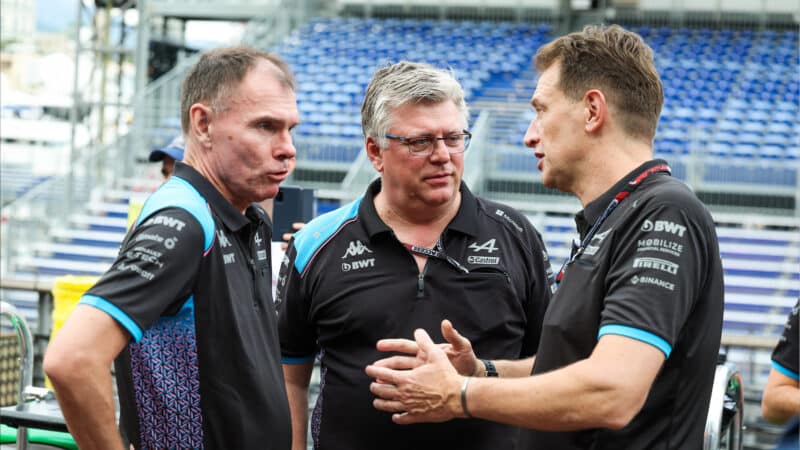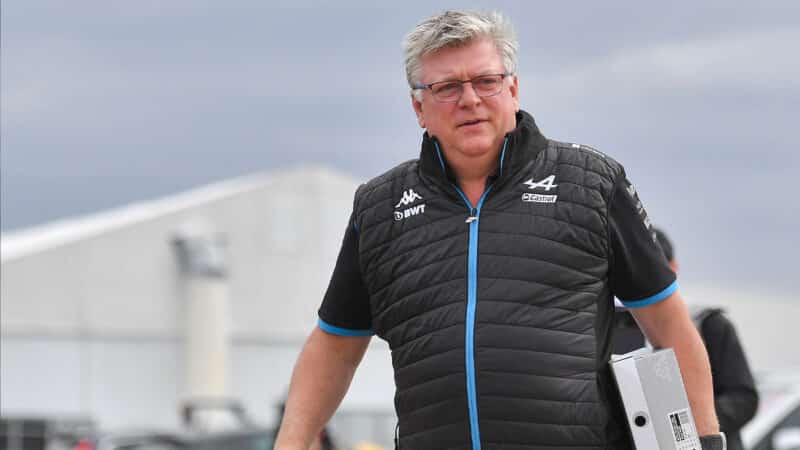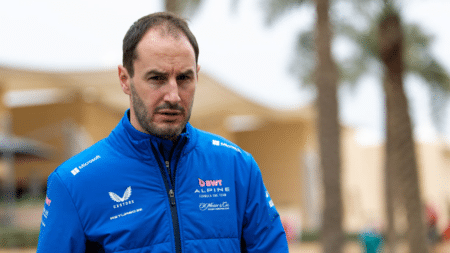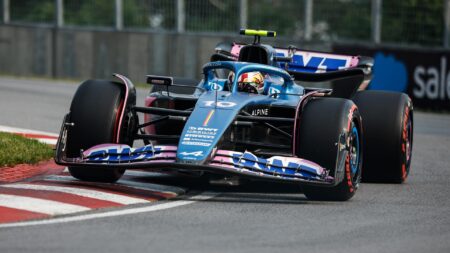But that 15kW/20bhp power deficit was not – and is not – the once super-successful Oxfordshire-based team’s biggest problem. No, its biggest problem is that it is supervised by corporate ‘suits’ not in England but in France, who have little knowledge or understanding of F1. If you bought a football team, would you hire orchestral conductors to manage it for you? No. If you were on the board of a basketball franchise, would you ask your headhunters to find executives with experience in the mining industry? No. Do lawyers make good doctors? No. Yet Alpine jettisoned Szafnauer (team principal) and Alan Permane (sporting director) purely because, expert and realistic as they both were and are, they refused to be browbeaten by French ‘suits’ who had never worked in F1 before into accepting an accelerated plan that dictated that world championships must be conjured out of nothing and nowhere in no time. Pat Fry (chief technical officer) found an escape — he has just joined Williams — before he would surely also have been axed. Between the three of them, they have 94 years’ experience in F1. Szafnauer is a very capable leader. I worked with Fry at McLaren — he was both able and collaborative. I know Permane well — indeed I once bought a Porsche 911 from him — and I rate him highly. Losing from the heart of the Alpine F1 operation that cumulative near-century of experience, and the expertise it brought with it, will cause a seismic rupture. Morale is already now low at Enstone. Confusion now reigns there. Other teams will now be looking to cherry-pick the best of those who remain. They will accept any reasonable offers, and can you blame them?

Alpine has lost the expertise of (from left) Permane and Szafnauer, here in discussion with former CEO Laurent Rossi
Florent Gooden / DPPI
When I was at Aston Martin with Szafnauer in 2021, one of his buzz-phrases was ‘psychological safety’. It is valuable and important in any workplace, and particularly in an environment such as F1, where the pressure to succeed is so high. If you foster an atmosphere and culture of psychological safety among a workforce, you allow your people the latitude to dare to try. If they dare to try, they may sometimes fail, but they will only dare to try if they know that honest failure will not be punished. If they cannot be certain of that, they will not dare to try because they will not dare to fail. The consequence of that is that they will not dare to succeed either. The result is then a timid and inert acceptance of the performance status quo, perpetuated by a widespread fear of being noticed in any way: in other words the diametric opposite of the feverish collective ambition that an F1 team needs to win. By contrast Red Bull may seem frighteningly competitive when viewed from the outside, but one of the reasons why its engineers are able to work so innovatively, and therefore so successfully, is that they know their bosses will not chastise them for voicing disruptive questions or concerns, or censure them for conceiving and developing radical technical hypotheses. Psychological safety, in other words.



